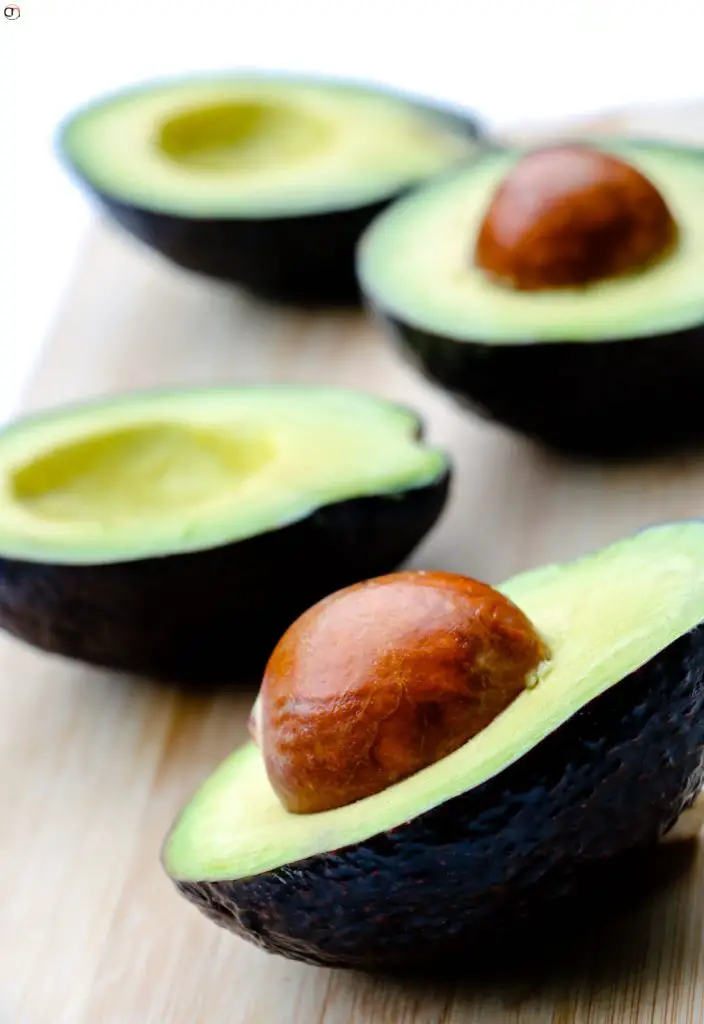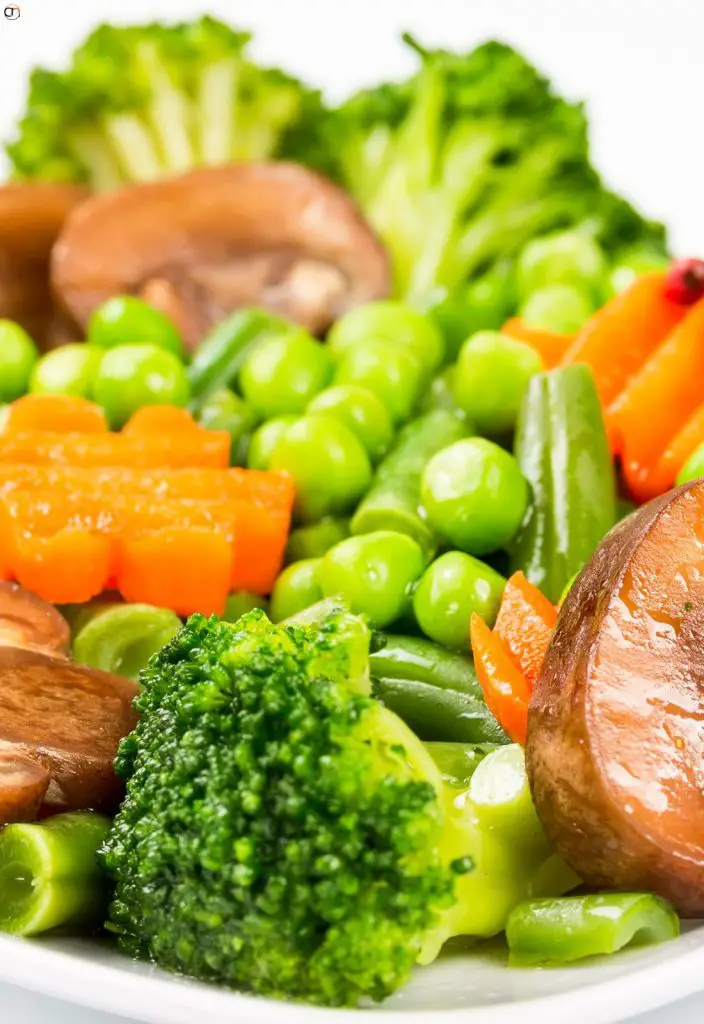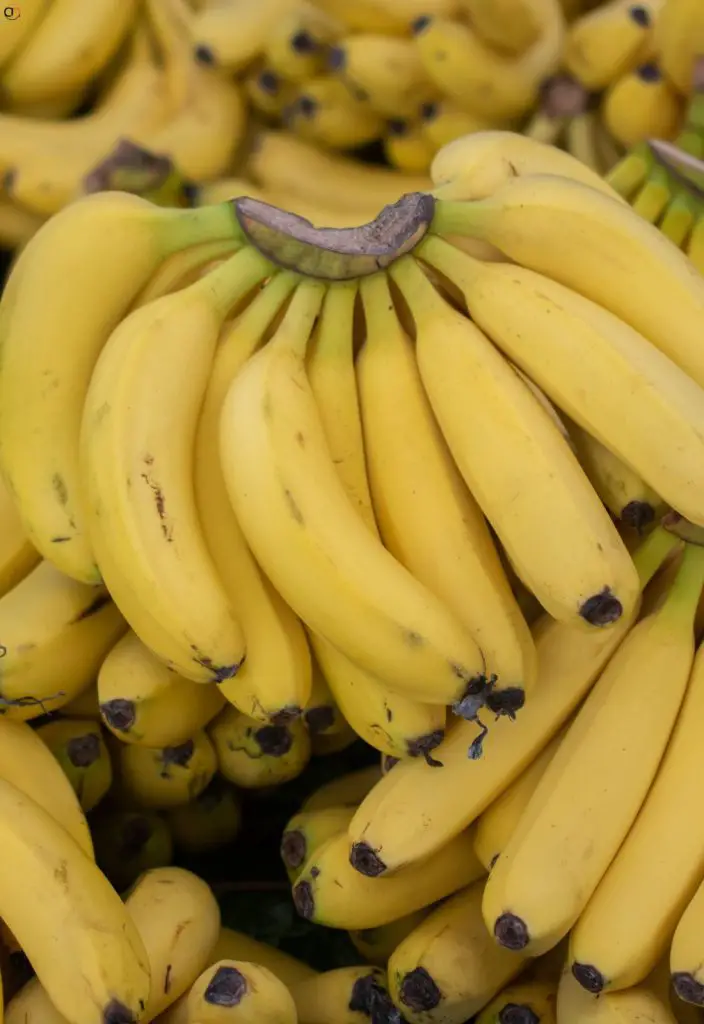Best Food To Eat After Fasting For 16 Hours

Intermittent fasting, particularly the popular 16-hour fast, offers numerous health benefits such as improved metabolism, enhanced fat burning, and better blood sugar control.
However, the way you break your fast plays a crucial role in how your body responds. Eating the wrong foods can lead to energy crashes, digestive issues, or bloating, while the right foods can nourish your body, restore energy, and help you feel your best.
After fasting for 16 hours, it’s important to choose foods that are easy to digest, nutrient-dense, and hydrating.
Get Best food to eat after fasting for 16 hours, ensuring you get the most out of your fast without overwhelming your system.
10 Best food to eat after fasting for 16 hours:
Breaking a 16-hour fast can be incredibly rewarding, but it’s essential to reintroduce food in a way that supports your digestive system and maximizes the benefits of your fast. Here are 10 of the Best food to eat after fasting for 16 hours:
1. Bone Broth
Why it’s great: Bone broth is soothing, hydrating, and rich in amino acids and electrolytes, making it a perfect first food after a fast. It’s gentle on the digestive system and helps rehydrate your body.
Benefits:
- Replenishes electrolytes
- Supports gut health and digestion
- Easy to digest and hydrating
How to enjoy: Sip a warm cup of homemade or store-bought bone broth, or add herbs like ginger for extra flavor.
2. Watermelon
Why it’s great: Watermelon is packed with water and natural sugars, making it ideal for rehydration and a quick energy boost. Its light and refreshing texture make it easy on the stomach.
Benefits:
- High in water content for hydration
- Naturally sweet and gentle on digestion
- Rich in vitamins A and C
How to enjoy: Enjoy watermelon slices or blend it into a smoothie for a hydrating treat.
3. Avocados
Why it’s great: Avocados are a rich source of healthy fats, which help restore energy after fasting. They’re also easy to digest and provide a good amount of fiber to promote gut health.
Benefits:
- Packed with healthy fats and fiber
- Supports stable blood sugar
- Easy to digest and filling
How to enjoy: Spread avocado on whole-grain toast, mix it into a salad, or enjoy it as a simple snack.
4. Boiled Eggs
Why it’s great: Eggs provide high-quality protein and essential nutrients that help repair muscle tissue and provide long-lasting energy. They’re gentle on the digestive system and a great option after fasting.
Benefits:
- Rich in protein and healthy fats
- Contains vitamins A, D, and B12
- Easy to digest
How to enjoy: Start with one or two boiled eggs. You can pair them with avocado or a light salad.
5. Greek Yogurt
Why it’s great: Greek yogurt is rich in protein and probiotics, which are great for restoring gut health after fasting. The creamy texture makes it a soothing choice for a post-fast meal.
Benefits:
- High in protein and probiotics
- Promotes healthy digestion
- Supports muscle recovery
How to enjoy: Add some fresh fruit or a drizzle of honey for extra flavor and nutrients.
6. Steamed Vegetables
Why it’s great: Steamed vegetables like zucchini, spinach, and broccoli are packed with vitamins and minerals while being easy on the digestive system. Steaming makes them softer and easier to digest.
Benefits:
- Rich in vitamins and minerals
- Low in calories, aiding in portion control
- Gentle on the stomach
How to enjoy: Lightly steam your favorite vegetables and season them with olive oil, herbs, or a squeeze of lemon for added flavor.
7. Bananas
Why it’s great: Bananas are rich in potassium, which helps replenish electrolytes lost during fasting. They’re easy to digest and provide natural sugars for a quick energy boost.
Benefits:
- High in potassium and natural sugars
- Easy to digest
- Great for digestive health
How to enjoy: Have a banana on its own or slice it into yogurt or oatmeal for a nutrient-packed meal.
8. Chia Pudding
Why it’s great: Chia seeds are packed with fiber, omega-3 fatty acids, and antioxidants. Chia pudding is a light, nutrient-dense option that’s easy to prepare and gentle on the stomach.
Benefits:
- High in fiber and healthy fats
- Supports digestion and gut health
- Hydrating and filling
How to enjoy: Make chia pudding by soaking chia seeds in almond milk overnight and top with berries or nuts.
9. Oatmeal
Why it’s great: Oatmeal is soothing and easy to digest, making it a great option after fasting. It provides steady energy through complex carbohydrates and fiber, which is gentle on the digestive system.
Benefits:
- High in fiber, aiding digestion
- Provides slow-releasing energy
- Gentle on the stomach
How to enjoy: Cook oatmeal and top it with fresh fruit, nuts, or a drizzle of almond butter for added nutrients.
Read Next: 10 Halal Main Course Recipes
10. Coconut Water
Why it’s great: Coconut water is a natural source of electrolytes like potassium, magnesium, and sodium, which help rehydrate and restore balance to the body after fasting.
Benefits:
- Rehydrates and replenishes electrolytes
- Light and refreshing
- Supports digestion
How to enjoy: Drink a glass of coconut water on its own or blend it into smoothies for a hydrating base.
Note: Start with easy-to-digest, nutrient-dense options and gradually build up to more complex meals as your body adjusts. Enjoy your post-fast meal with intention, and reap the full benefits of your fasting routine!
7 Key Health Tips to Keep in Mind:
- Stay Hydrated: Drinking enough water throughout the day is essential for good health. It supports digestion, boosts energy, and helps keep your body functioning at its best.
- Practice Mindful Eating: Eat slowly and savor each bite. Mindful eating can improve digestion, prevent overeating, and help you enjoy your meals more fully.
- Prioritize Rest: Good sleep is critical for recovery and overall health. Aim for 7-9 hours of restful sleep each night to recharge both your body and mind.
- Eat a Balanced Diet: Focus on a variety of whole, nutrient-rich foods—fruits, vegetables, lean proteins, and healthy fats—while minimizing processed foods and sugars.
- Move Regularly: Exercise doesn’t always need to be intense. Regular movement, whether it’s walking, stretching, or yoga, can improve circulation, mood, and overall wellness.
- Nurture Your Mental Health: Your mental well-being is as important as your physical health. Take time to relax, meditate, or practice mindfulness to reduce stress and maintain emotional balance.
- Build Healthy Habits: Consistency is key to long-term health. Start with small, manageable changes and gradually build lasting habits that support a healthier lifestyle.
Last Call:
- Breaking a 16-hour fast the right way can make all the difference in how your body feels and functions afterward.
- Start with easy-to-digest, nutrient-rich foods like bone broth, watermelon, and Greek yogurt to rehydrate and gently restore energy.
- As your body adjusts, introduce more solid foods like avocados, boiled eggs, and oatmeal to balance your nutrients and stabilize blood sugar.
- Choosing the right foods after fasting will help you maximize your results, avoid digestive discomfort, and feel energized throughout the day.
Call to Action:
- Ready to break your fast mindfully? Try these nourishing foods to support your body’s needs and make the most of your fasting routine.
- If you found this guide useful, share it with others or drop your comments below!
FAQs:
Q. what to eat after fasting in Ramadan?
After Iftar, begin with dates and water to hydrate and replenish energy.
Follow up with a balanced meal that includes lean protein (chicken, fish), vegetables, and whole grains (like brown rice or whole wheat bread) to maintain fullness and provide lasting energy.
Q. what to eat for suhoor to stay full?
For Suhoor, focus on high-fiber and healthy fats to keep hunger at bay. Foods like oats, eggs, avocados, and Greek yogurt are excellent choices. Don’t forget to drink plenty of water to stay hydrated.
Q. Is it okay to drink coffee during Ramadan fasting?
While it’s tempting, it’s better to avoid coffee during fasting hours as it can dehydrate you. If you enjoy coffee, consider drinking it during Suhoor to help you stay alert throughout the day, but limit your intake.
Q. How can I avoid feeling fatigued while fasting?
To prevent tiredness, hydrate well during Suhoor and opt for complex carbs (like whole grains) and protein (like eggs). Avoid sugary snacks, and ensure you’re getting enough rest overnight to recharge your body.
Q. How can I support digestion after fasting?
Start with light, easily digestible foods like soups, yogurt, and steamed vegetables when breaking your fast. This approach helps your digestive system ease back into action and reduces the risk of discomfort.








